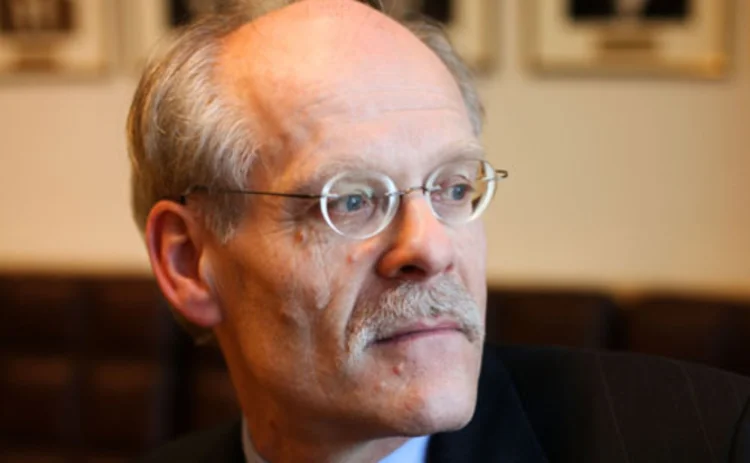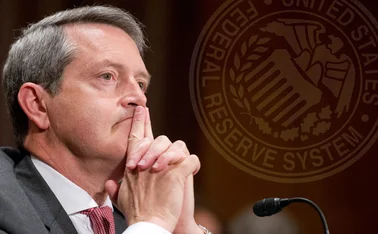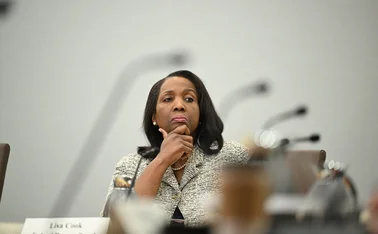
Riksbank governor criticises proposed central bank law
Lawmakers’ proposal would damage ability to deal with crises and reduce independence – Ingves

Sveriges Riksbank head Stefan Ingves warned lawmakers’ proposed changes to the central bank’s governance would hamper its ability to react to future crises.
“The proposals that exist today are bad proposals and need to be rewritten,” Ingves said in a speech on November 3. “They put a lot of energy in trying to reduce the Riksbank’s independence … and I do not think that is good for Sweden.”
In November 2019, the Riksbank Committee, which has members from all parties in Sweden’s parliament
Only users who have a paid subscription or are part of a corporate subscription are able to print or copy content.
To access these options, along with all other subscription benefits, please contact info@centralbanking.com or view our subscription options here: www.centralbanking.com/subscriptions
You are currently unable to print this content. Please contact info@centralbanking.com to find out more.
You are currently unable to copy this content. Please contact info@centralbanking.com to find out more.
Copyright Infopro Digital Limited. All rights reserved.
As outlined in our terms and conditions, https://www.infopro-digital.com/terms-and-conditions/subscriptions/ (point 2.4), printing is limited to a single copy.
If you would like to purchase additional rights please email info@centralbanking.com
Copyright Infopro Digital Limited. All rights reserved.
You may share this content using our article tools. As outlined in our terms and conditions, https://www.infopro-digital.com/terms-and-conditions/subscriptions/ (clause 2.4), an Authorised User may only make one copy of the materials for their own personal use. You must also comply with the restrictions in clause 2.5.
If you would like to purchase additional rights please email info@centralbanking.com







